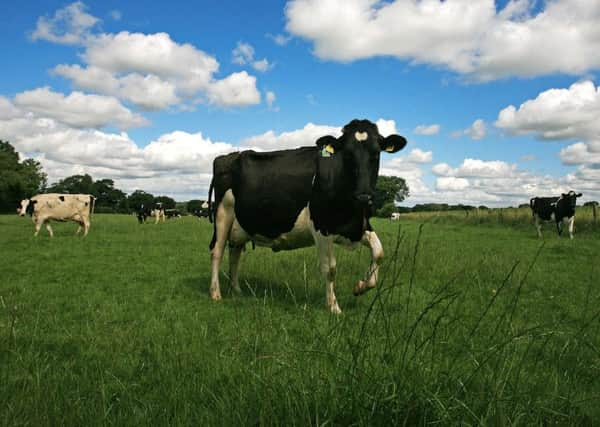Organic farms hit out at no-deal Brexit risk


Technical papers published by the UK government last week on preparations for a no-deal scenario revealed that British organic food and drink would lose EU certification on Brexit day, with the re-application process taking until 2020.
The NFU said that would be “absolutely disastrous” for farmers and represent “effectively a trade embargo on exports” on some of the UK’s most sought-after produce.
Advertisement
Hide AdAdvertisement
Hide AdA survey by the Scottish Organic Producers’ Association, which represents more than half of organic businesses in Scotland, found that retaining access to the EU market was their top priority, with 70 per cent calling for a comprehensive trade deal with Brussels. However, a third of businesses are preparing for their EU market access to shrink after Brexit.
It is estimated that half of organic producers in Scotland licensed by the Soil Association are involved in sales for export, with an annual value to the Scottish economy of £350 million.
“A no-deal scenario would be much more concerning for organic than other sectors,” said organic producers’ association chairman Edward Smith, who runs an organic animal feed business based in Aberdeenshire.
“It is something we have discussed quite recently. The issue with organic produce is that it is something that is governed by law, rather than voluntary code of practice. That regulation and certification process is regulated by EU law. There is clearly going to be a change, but we are hoping and expecting that there would be some sort of equivalence agreement that could be reached, given EU regulations are going to be enshrined in UK law.”
Following publication of 25 technical papers last week, two more batches are expected before the end of September.